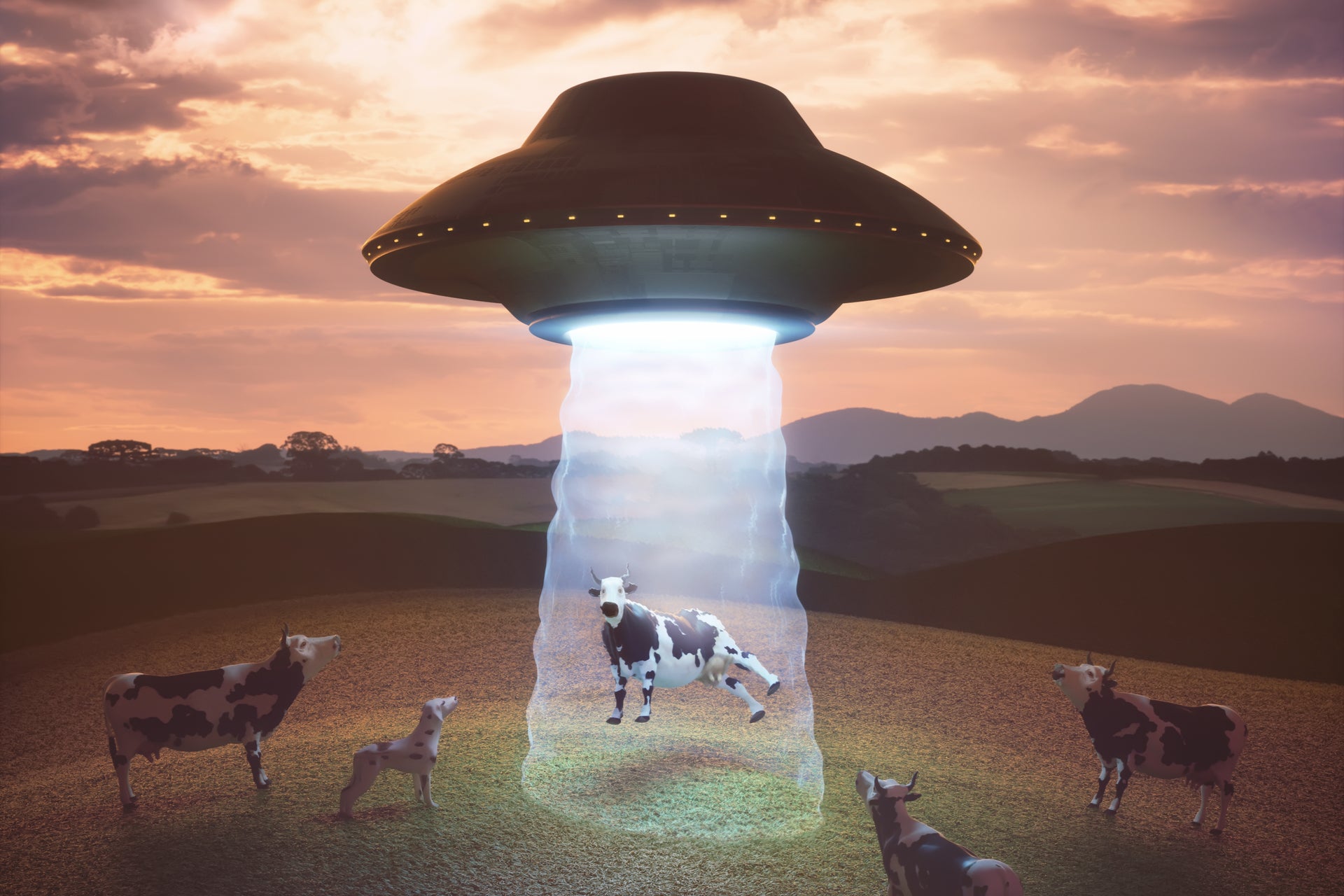
Food-tech startup Aleph Farms has developed a way to produce artificial beef in space using 3D bioprinting technology.
The technique used bovine cells which were harvested on Earth. These cells were transported to the International Space Station, where a 3D bioprinter was used to grow the cells into muscle tissue. This mimicked a natural regeneration process that occurs inside a cow’s body.
According to Aleph Farms, the technique was used to grow a “strip” of steak from the cells over a two-week period.
The experiment was carried out on the Russian part of the ISS, 248 miles away from Earth, in collaboration with Russian company 3D Bioprinting Solutions.
3D printed meat in space: One giant leap for mankind?
Astronauts are typically limited to hydrated, pre-prepared meals, which needs to be lightweight and easy store, prepare and eat in Space’s zero-gravity environment. However, Aleph Farms believes that this breakthrough could help to bring food “closer to the population needing it”.
“We are proving that cultivated meat can be produced anytime, anywhere, in any condition,” Didier Toubia, CEO of Aleph Farms, said. “We can potentially provide a powerful solution to produce the food closer to the population needing it, at the exact and right time it is needed.”
How well do you really know your competitors?
Access the most comprehensive Company Profiles on the market, powered by GlobalData. Save hours of research. Gain competitive edge.

Thank you!
Your download email will arrive shortly
Not ready to buy yet? Download a free sample
We are confident about the unique quality of our Company Profiles. However, we want you to make the most beneficial decision for your business, so we offer a free sample that you can download by submitting the below form
By GlobalDataAsgardia, a micronation with the ambition to become the world’s first space nation, build an ark that orbits Earth and colonise the Moon, believes that Aleph Farm’s breakthrough is another step closer to allowing human life to flourish in space.
Lembit Opik, a former Liberal Democrats politician who served as a member of parliament in the UK for 13 years, and now the chairman of parliament for Asgardia, said:
“The continued development of food production in space demonstrates that the wheels are in motion to facilitate for long-term habitation in space.
“To create food in gravitational environments different to those here on Earth shows the steps both show the enhancements we have made, but also the journey we are on to create Earth-like environments in space.”
Asgardia, which launched its first satellite into space in 2017, has declared sovereignty over the area that the Asgardia-1 satellite occupies. It claims to boast more than one million citizens and eventually plans to apply for United Nations membership.
The micronation hopes to facilitate the first birth in space, and with achievements such as this making it increasingly more possible, it believes it will reach its goal within 25 years.
“We believe that within 25 years, we will have made the requisite developments into artificial gravity to allow for conception and birth in space,” Opik said. “With essential breakthroughs such as Aleph’s and our hopefully Asgardia’s, human habitation in orbit would very much become a reality.”
Read more: UK space sector challenged to develop tech for International Space Station



